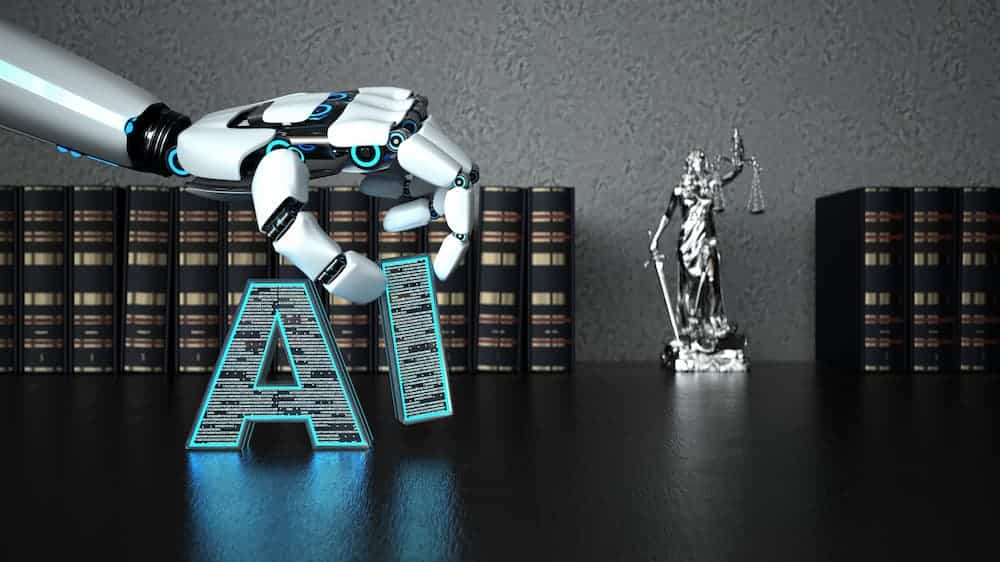As artificial intelligence gains a foothold in HR tech, it’s time for executives and leaders to establish a governance plan. This strategy will serve as a beacon of ethical guidance as your team assesses new tech purchases and vendor add-ons.
A robust governance strategy is applicable across various aspects of HR processes. It will ensure ethical and sustainable practices that align with your team’s priorities. While it remains crucial to evaluate new technology in terms of its functionality, all such assessments should be conducted within a robust and steadfast governance framework.
See more: Buying AI? The questions HR leaders should be able to answer
To create a versatile blueprint for any technology acquisition, HR executives should first address the following questions.
20 AI governance questions HR execs need to ask
Vision and objectives
Is the objective clear and aligned with HR and organizational strategies?
Who are the stakeholders and beneficiaries of this implementation?
Effectiveness and track record
Has the vendor provided case studies from similar organizations?
What business problems will this AI tool solve?
Security and compliance
What security measures and protocols are in place to protect data?
Are there contingency plans in case of data breaches or system failures?
Scalability and adaptability
Can the tool adapt to changing workforce dynamics and tech advancements?
Is there a roadmap for future updates and enhancements?
Team empowerment and collaboration
How will AI tech enhance HR team collaboration and communication?
Have you established clear processes for integrating AI into existing workflows and decision-making processes?
Readiness for change
Where are resistance areas in the workforce?
Is your team prepared to embrace explainability about how AI produces outcomes?
Employee approach
How will the AI solution improve the employee experience and engagement?
Are there mechanisms in place to gather feedback from employees?
HR team authority and autonomy
Is the HR team empowered to make decisions regarding these AI tools?
Are there clear lines of communication with leadership to ensure the HR team can deliver results effectively?
Data sharing and privacy
Do the data-sharing requirements of the AI solution align with organizational policies and obligations?
Does the tool respect privacy rights and maintain data confidentiality for all applicable population segments?
Cost and investment outcomes
What are the initial costs, ongoing expenses and potential hidden costs associated with the AI implementation?
Are there options for different pricing models that align with your budget and financial objectives?
Credit: Source link











